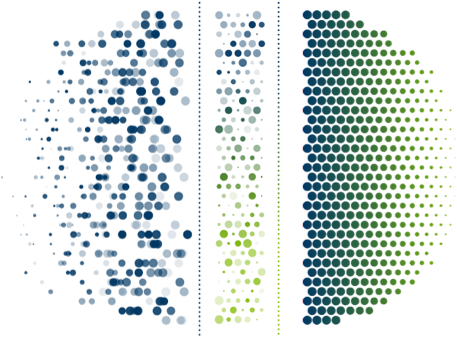Excelacom pays special attention to using industry best practices and the latest trends while nurturing personal relationships with clients. To ensure project success, we carefully crafted methodologies that raise the success rate of projects, its effectiveness, and ROI.
How many projects have been delayed because of improperly defined requirements that have emerged in later development phases? How many projects have been postponed because of inadequately defined conditions that have emerged in later development phases? How many companies fail to launch their systems due to inadequate oversight of all requirements needed for a project to be successful?

